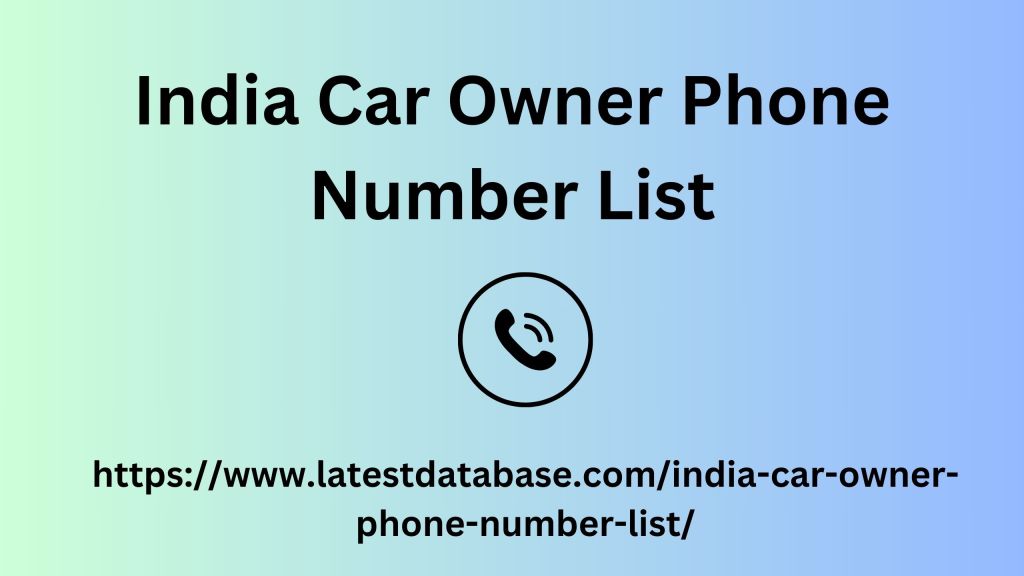- 註冊時間
- 2024-3-12
- 最後登錄
- 2024-3-12
- 閱讀權限
- 10
- 積分
- 5
- 精華
- 0
- 帖子
- 1

該用戶從未簽到
|
Don't miss any more posts: THE newsletter in online marketing Do you like this blog post? If you want to regularly keep up with the latest trends in online marketing, then subscribe to our newsletter now. Over 18,000 subscribers trust us. Subscribe now meme illustration Illustration image Cat Content: Sweet! The fact is: the longer a user stays on your site, the more likely it is that they will return or buy something. Visual content is particularly suitable for: Number/fact-heavy content Temporal Relationships: Timelines Spatial connections Lists Chains of argument/processes Comparisons, typifications.
Interactive content Interactive content is about involving users and, for India Car Owner Phone Number List example, introducing your company or products in a playful way. Be it in the form of tangible objects or simply in the form of a test result (“You are type A, B or C and therefore the following product from our range suits you well or therefore you have the following characteristics”). A nice side effect is that you get to know your users better. McDonald's Canada Campaign Interactive FAQ McDonalds in Canada: “Are your fries gluten-free?” McDonald's in Canada also thought so and launched an interactive FAQ section as a marketing campaign. Anyone can submit questions about McDonald's products, which will then be answered by the company.

Customers were interested in, among other things, “Is your meat made from pink slime?” or “Do you use old leftover fat for your milkshakes?” The best questions and answers were also implemented as a print campaign. The campaign was a complete success and has now been running in Germany for a long time. Interactive content is particularly suitable for: quiz Competitions Testing Interactive FAQ's videos Visually oriented users prefer content that can be consumed quickly and moving images, the product in action, so to speak. In contrast to editorial and purely visual content, video as a medium enables the use of language.
|
|